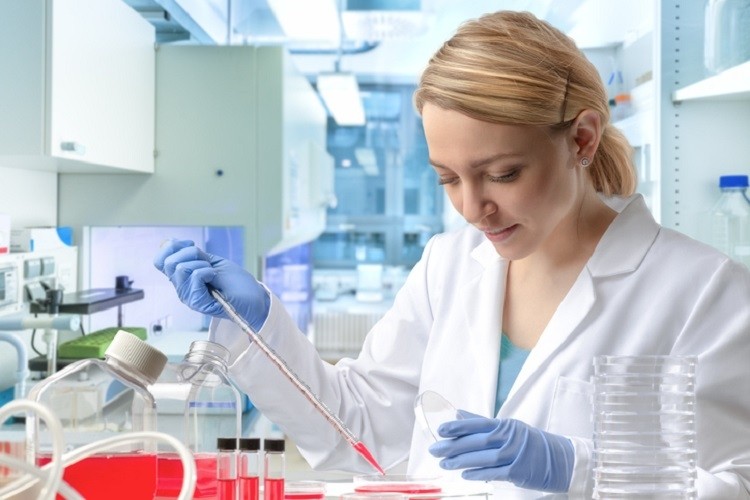Plasticell banks on research organisation for cord-blood recruitment

Under the agreement, Plasticell will have access to Anthony Nolan’s transplant centres – the charity runs four cord-blood collection sites across England – to test and develop ex-vivo expanded stem cell-based investigational treatments for patients with haematological disorders.
According to Plasticell, the partnership offers the firm “access to a lot of cord-blood product which can be used to progress this therapy, which other pharma companies are unlikely to have,” a spokesperson told us, adding that this is the firm’s first collaboration with a charity.
UK charity research organisation Anthony Nolan said it will also benefit from the agreement.
“Despite our success in connecting donors and recipients of HSCT through [our] stem cell register, we currently fail to find a suitable match for some of the patients waiting for a stem cell transplant,” said Anthony Nolan’s head of immunotherapy Diana Henandez in a statement.
Patient recruitment
It can be challenging for biotech firms to “navigate” the different stages of clinical trials – including patient recruitment – and understand the end-user, said the Plasticell spokesperson.
“One of the main hurdles of supplying to clinical trials for stem cell transplants is the low number of patients involved,” the spokesperson said, adding that in 2016, just 41 UK patients received cord transplants.
“By partnering with Anthony Nolan, Plasticell will be able to access the network of transplant centres, which will greatly facilitate patient recruitment.”
Manufacturing cost
Although not yet on the market, Plasticell said manufacturing its ex-vivo expanded stem cell products is costly.
“Initially the costs, like those of other cell therapies, would be high, however with improvements in manufacturing technology the costs should be reduced,” the spokesperson told us.
However, the firm hopes the cost of the investigational therapy – which it says is logistically easier to manufacture than autologous therapies – will decrease over time.
Our “ex-vivo expanded cord blood haematopoietic stem cell product is different from some of the other currently being tested in that it achieves high levels of “true” stem cell expansion in very short culture times, making it more readily available to patients and possible cheaper,” the spokesperson said.
In April, Plasticell announced it had secured funding to develop and manufacture red blood cell substitutes for human clinical transfusion from Innovate UK.









